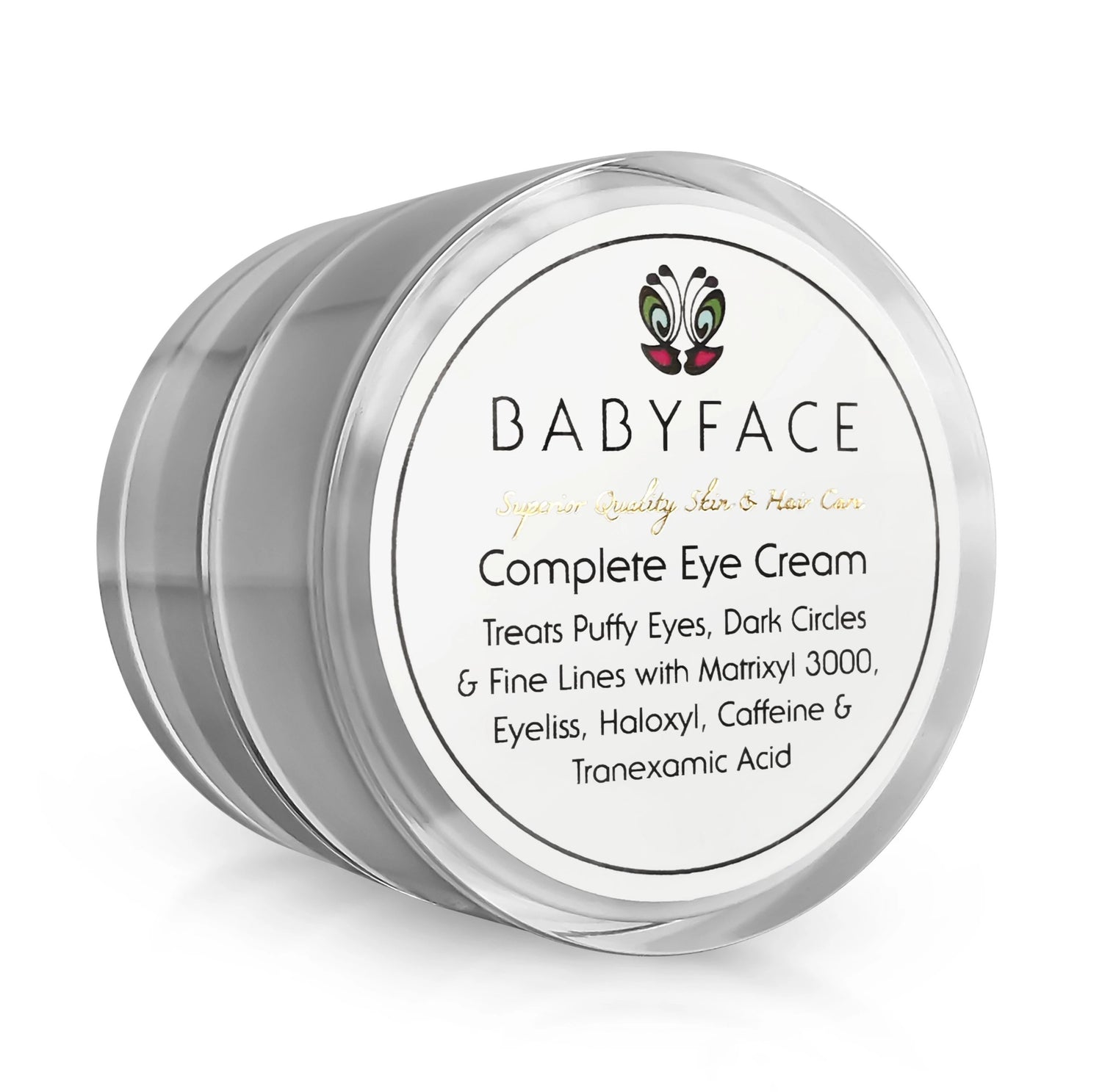Mineral Vs. Chemical Sunscreen: Which One Is Better?
Giorgia G.Share

Are you avoiding mineral sunscreens because you’re scared they’ll turn your face into a greasy, white mess?
We’ve all been there. Back in the day, mineral sunscreens were unwearable. Thank goodness, those days are gone. The new generation of mineral sunscreen feels so lightweight, you won’t feel like you’re wearing them. And that white cast? Gone.
Mineral sunscreens are now serious contenders for chemical sunscreens, if not better. So, which one should you choose?
P.S. Before we delve into the differences between mineral and chemical sunscreens, ALL sunscreens are chemical. Everything that’s made of matter - including water and every ingredient in your skincare product - IS a chemical. But in recent years, “chemical sunscreen” has become synonymous with “synthetic sunscreen”. For clarity, that’s how I’m using the term here.
What’s The Difference Between Mineral And Chemical Sunscreens?
You can tell if a sunscreen is mineral or chemical by looking at the UV filters it uses to provide sun protection:
Mineral sunscreens: Titanium dioxide and zinc oxide are the only two mineral UV filters used in sunscreens. They’re white minerals that do double duty. They absorb most UV rays, turning them into a less damaging form of energy (heat) and reflect the leftover away from your face. If a sunscreen uses one or both of them, it’s 100% mineral.
Chemical sunscreens: If a sunscreen contains any other UV filter, it’s chemical. Avobenzone, Octocrylene, Oxybenzone… There are more than 30 synthetic UV filters that absorb UV rays as soon as they heat your skin and turn them into heat.
What if a sunscreen contains both? It’s not unusual to come across a sunscreen that uses avobenzone together with titanium dioxide, for example. That’s a hybrid, a mixture of mineral and chemical sunscreens that gives you the best of both worlds.
Are Mineral Sunscreens More Effective Than Chemical Sunscreens?
Yes and no. Let me explain…
Both mineral and chemical sunscreens work well at neutralizing UV rays before they can wreak havoc on your skin.
The only difference? Chemical UV filters are mainly one trick ponies. Avobenzone, for example, only protects your skin from UVA rays, while Oxybenzone works only against UVB rays.
Compare that to mineral UV filters. Zinc oxide protects, on its own, against the entire UV range. Titanium dioxide is a little less powerful, but it still protects you from all UVB and most UVA rays.
You know what that means? You can formulate a mineral sunscreens with only zinc oxide. But if you’re making a chemical sunscreen, you’ll need to use three or four UV filters to get adequate protection.
Are Mineral Sunscreens Gentler Than Chemical Sunscreens?
The problem with using three or four chemical UV filters? There’s a higher chance one of them may trigger an irritation or allergy.
They’re more prone to this anyway. If you have a bad reaction from a sunscreen, one of the chemical UV filters is more likely to be the culprit.
Zinc oxide and titanium dioxide are so gentle, even six months old babies can use them. Unless you’re allergic to zinc or titanium (a rare occurrence), the chance of a bad reaction is non-existent.
If you have sensitive, easily-irritated skin or any kind of skin condition like psoriasis or eczema, do your skin a favor and go mineral.
Do Mineral Sunscreens Last Longer Than Chemical Sunscreens?
Did you know that sunscreens get deactivated by sunlight? It’s part of their job: as UV filters absorb and neutralize UV rays, they lose a bit of their effectiveness.
FYI, that’s why you have to reapply sunscreen every two hours at the beach. By then, your sunscreen has become useless.
If it’s winter, you’re spending most of your time indoors or you’re just not in the sun that much, your sunscreen will lose its effectiveness way more slowly.
The old generation of chemical UV filters performs the worst. Avobenzone is so unstable, it barely lasts a couple of hours. You have to add Octocrylene to stabilize it and make it last that little bit longer.
Mineral UV filters are more stable, so they don’t lose their effectiveness so quickly. But they’ll lose it, so reapply them throughout the day. The more sun exposure you’re getting, the more often you need to top up.
Do Mineral Sunscreens Have A Worse Texture Than Chemical Sunscreens?
Remember when I told you zinc oxide and titanium dioxide are two white minerals? Well, they have a tendency to leave a white cast on the skin.
Huge improvements have been made in formulating the last few years, but some may still notice a bit of that white after application. For this reason, we offer a tinted version of our Age-Defying Mineral Sunscreen in addition to our non-tinted. The tint blends seamlessly into your skin. Problem solved.
While we’re on the subject, mineral sunscreens are thicker than chemical ones. If you’re looking for a sunscreen with a texture so fluid it borders on runny, mineral sunscreens may not be the best choice for you.
Should You Use A Mineral Or Chemical Sunscreen?
The best sunscreen is the one you enjoy wearing. If the texture’s not right or the scent’s off, you won’t use it every day, putting your skin at risk of wrinkles and skin cancer. But if you’ve got sensitive skin or want the peace of mind of being protected that little bit longer, mineral sunscreens are the way to go.
